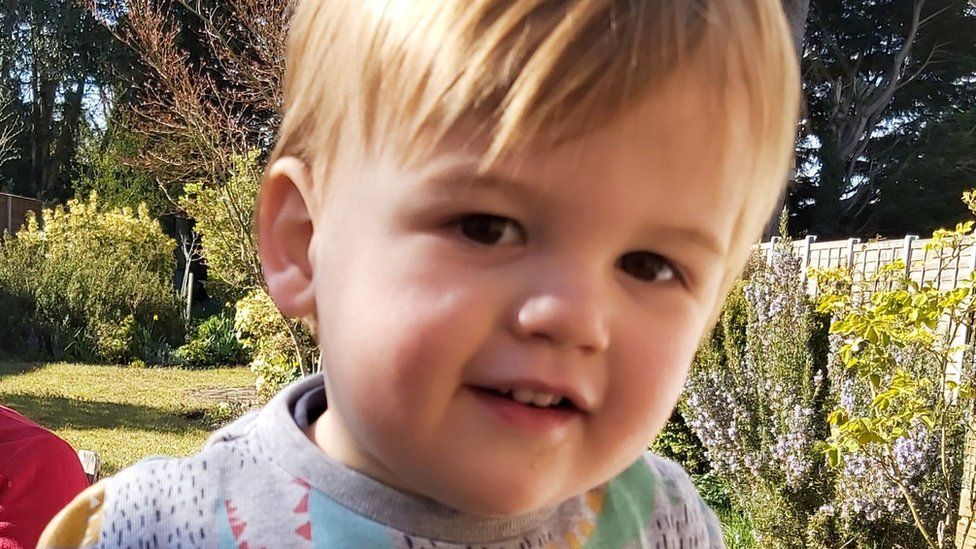文章管理 查看文章


An inquest report into the death of a young boy who died at home in his sleep has called for health bodies to take action to prevent further deaths.
Louis Rogers' death was initially categorised as Sudden Unexplained Death in Childhood (SUDC) but the report recorded febrile seizures contributed.
Better training for GPs into the condition has been listed by the coroner as one of the recommendations.
The health bodies said they were considering the coroner's report.
The recommendations were made to six health authorities: Royal College of Paediatricians, Joint Royal Colleges Ambulance Liaison Committee, National Institute for Health and Care Excellence (NICE), Royal College of General Practice, Royal College of Emergency Medicine and NHS England.
The release of the report follows an inquest earlier this month at Surrey Coroner's Court, at which the coroner Karen Henderson said Louis had died from cardio respiratory arrest contributed to by tonic clonic seizure, a type of febrile seizure.
His death was initially categorised as SUDC, a rare category where the cause remains unknown.
Image source, Julia Rogers
It is estimated about a third of SUDC cases involve febrile seizures, however the link between febrile seizures and SUDC has not been proved.
Currently very little research has been carried out into SUDC; only 55 papers have been published worldwide on it whereas 12,000 have been conducted into Sudden Infant Death Syndrome (SIDS), a condition also known as cot death. Since the early 1990s there has been an 80% reduction in these deaths.
The recommendations include:
Following the report's release, Louis' mother Julia Rogers has said it is important to the family that seizures are recognised as a cause of her son's death.
"Louis' febrile seizures in the nine months before he died were dismissed despite recurrence and other worrying episodes," she said.
"It has taken more than 18 months to feel heard and we're thankful the coroner listened to the evidence and has taken action.
"Parents don't need reassurance they need to be empowered with information including what to do when your child has a witnessed seizure, how to manage nocturnal seizure and how to know what to look out for. In Louis' case his flitting eyes, incoordination and slight developmental delay were all relevant but we didn't know."
Dr Nikki Speed, from the charity SUDC UK, said: "The greatest challenge here is consistent awareness and training across the whole country.
"Febrile seizures affect families everywhere so we believe this work should be a priority in every area, without exception."
Sudden unexplained death in childhood
Source: NHS England / SUDC Charity
Dr Michael Mulholland, honorary secretary of the Royal College of General Practice, said: "This is a tragic case, and we extend our deepest condolences to the family of Louis Rogers. We await receipt of the coroner's report and will address its questions directly, as appropriate.
"Identifying children who are suffering with seizures, and appropriately referring them to specialist services, is covered in the RCGP [Royal College of General Practice] curriculum, which GP trainees must demonstrate competence of in order to practice independently as a GP, and on ongoing basis throughout their career through continued professional development."
An NHS spokesperson said it was working to re. Send your story ideas to hellobbclondon@bbc.co.uk
Related Topics